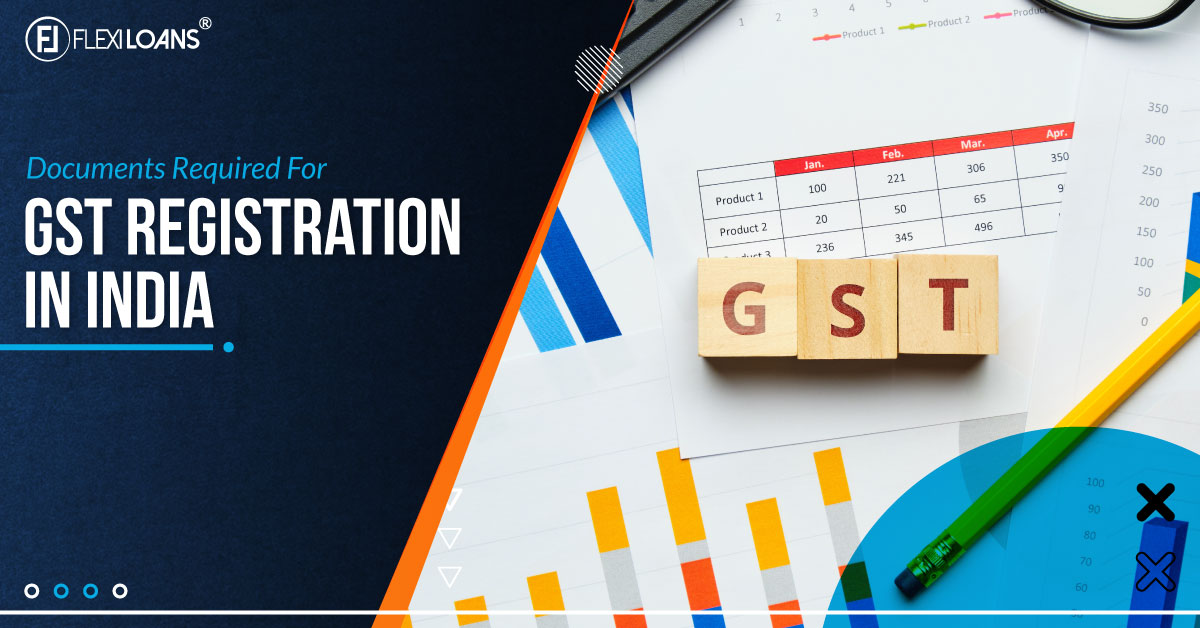Full List for Reliable Singapore GST Registration
Full List for Reliable Singapore GST Registration
Blog Article
The Ultimate Overview to Streamlining the GST Registration Process and Needs for Local Business Owners

Recognizing GST Essentials
To grasp the basics of the Product and Solutions Tax (GST) system, tiny company proprietors must first understand its underlying effects and concepts. Under the GST regime, companies are needed to collect and sign up tax obligation on behalf of the federal government, guaranteeing openness and compliance.
One of the vital principles of GST is input tax obligation credit, which permits companies to assert credit history for taxes paid on their acquisitions. This mechanism stops the cascading result of tax obligations and promotes performance in the tax system. Additionally, GST is a destination-based tax obligation, suggesting that the tax obligation is levied at the factor of consumption instead of the point of beginning. This guarantees reasonable distribution of tax profits among states based on where the items or services are eaten. Recognizing these standard concepts is essential for tiny company owners to browse the complexities of the GST system and make sure conformity with the law.
Eligibility Requirements for Registration
Having established a foundational understanding of GST principles, tiny organization proprietors must now meet specific eligibility criteria to proceed with the registration process. In India, entities took part in the supply of goods or services with an annual aggregate turnover going beyond Rs. 40 lakhs (Rs. 10 lakhs for unique group states) are required to sign up for GST. Furthermore, particular companies such as those included in inter-state supply of products, laid-back taxed individuals, and those called for to pay tax under the reverse cost mechanism need to sign up for GST regardless of their turn over. Services that were signed up under the previous tax obligation program (VAT, solution tax, and so on) are additionally mandated to sign up under GST. Farming services that just supply produce out of primary manufacturing are excluded from GST registration. It is essential for company owner to thoroughly evaluate their eligibility based on these standards to make certain conformity with the legislation and find out here now avoid any kind of charges for non-compliance.
Documents Required for GST Enrollment

Simplified Enrollment Process Actions
Adhering to the collection and verification of the requisite papers, the registration procedure for GST can be browsed with a collection of streamlined steps developed to assist in reliable conformity for small service proprietors. Upon successful verification, an Application Referral Number (ARN) is released, showing the completion of the GST registration process. By following these simplified steps, little organization proprietors can effectively register for GST and ensure compliance with tax policies.
Tips for Ensuring Compliance
To maintain regulative adherence and functional integrity, persistent oversight and aggressive actions are crucial in guaranteeing compliance with GST demands for little service owners. Tiny business owners should stay updated with GST policies, submitting due dates, and any kind of changes in tax prices to stay clear of fines and maintain a good standing with tax authorities. Going to GST understanding workshops or training programs can improve understanding and compliance with GST policies, eventually benefiting the service in the long run.
Conclusion
In final thought, little service owners must understand the basics of GST, meet the qualification standards, collect essential records, and follow the simplified enrollment useful content procedure actions to make sure compliance. By simplifying the GST registration process and requirements, local business proprietors can prevent fines and operate their services smoothly within the legal structure - Singapore GST Registration. It is critical for local business owners to remain certified and informed with GST laws to preserve a successful service operation
Tiny organization owners seeking GST enrollment should guarantee they gather and send the required documents to complete the enrollment process efficiently. The records required for GST enrollment usually include evidence of business registration or incorporation, FRYING PAN (Permanent Account Number) card of the organization entity, identification and address proof of the promoters/partners/directors, pictures, address evidence of the place of service, bank account declarations or canceled cheques, and consent forms. Participating in GST awareness workshops or training programs can boost understanding and conformity with GST regulations, inevitably profiting the business in the lengthy run.
By simplifying the GST registration process and requirements, small business owners can prevent fines and operate their businesses efficiently within the legal structure. It is critical for tiny service proprietors to remain compliant and informed with GST laws to preserve a successful business operation.
Report this page